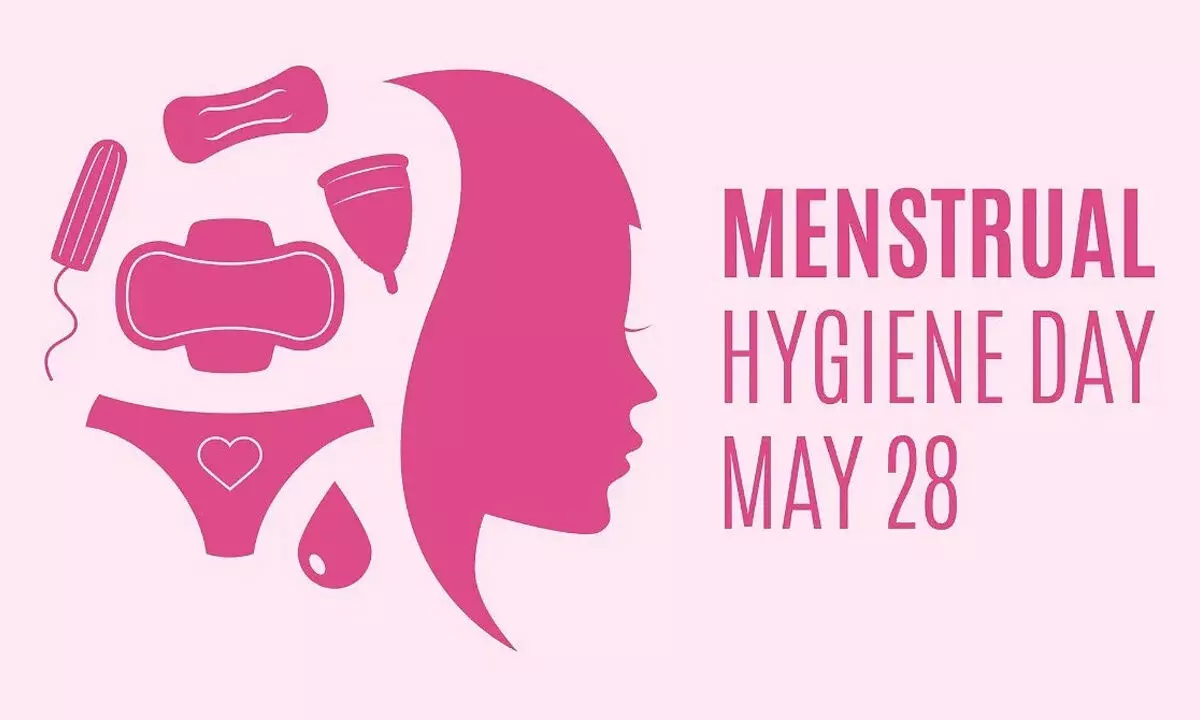World Menstrual Hygiene Day 2024: Essential Tips and Practices for Menstrual Health

Menarche, the onset of menstruation, is a significant milestone marking the start of a woman’s reproductive phase
Menarche, the onset of menstruation, is a significant milestone marking the start of a woman’s reproductive phase. However, many girls face challenges due to a lack of preparedness, knowledge, or embarrassment. Menstruation, a natural biological process, remains stigmatised in many parts of Indian society, often deemed unclean.
Importance of Menstrual Health and Hygiene
Maintaining good menstrual health and hygiene (MHH) is crucial for the well-being and empowerment of women and adolescent girls. Poor menstrual hygiene can lead to several health risks, including:
• Reproductive tract infections: These can manifest as foul-smelling vaginal discharge or vaginitis.
• Upper reproductive tract infections: Potentially leading to infertility.
• Skin irritation and rashes: Often due to infrequent changing of sanitary products.
• Toxic shock syndrome: Associated with tampon use.
• Urinary tract infections (UTIs): Due to poor hygiene practices.
Do’s for Maintaining Menstrual Health
1. Educate Yourself: Learn about various menstrual products to make informed choices.
2. Choose Safe Products: Opt for safe, economical, accessible, and eco-friendly products like menstrual cups, which are cost-effective and reduce waste.
3. Change Regularly: Menstrual cups can be used for 10-12 hours, while pads and tampons should be changed every 6 hours.
4. Stay Hydrated and Nourished: Drink plenty of water and maintain a balanced diet.
5. Stay Active: Continue physical activities as tolerated.
6. Maintain Hygiene: Shower daily and wash the perineal area after using the bathroom.
7. Wear Breathable Clothing: Preferably wear light, cotton-made garments.
8. Dispose of Products Properly: Wrap used disposable products in toilet paper or tissue before discarding them in a trash bin.
9. Wipe Properly: Always wipe from front to back to prevent infections.
10. Monitor Your Cycle: Tracking your menstrual cycle is important for overall health monitoring.
Don’ts for Menstrual Health
1. Avoid Perfumed Products: Unless recommended by a gynaecologist, avoid perfumed hygiene products.
2. Don’t Prolong Use: Avoid using sanitary pads or napkins for too long to prevent infections.
3. Avoid Synthetic Clothing: Opt for natural fabrics like cotton.
4. Don’t Flush Products: Never flush menstrual products down the toilet.
5. Ignore Myths: Do not believe in menstrual myths and misinformation.
On average, a woman menstruates for about 40 years. It is time to embrace sustainable menstruation practices, reduce the menstrual footprint, and use reusable products.














